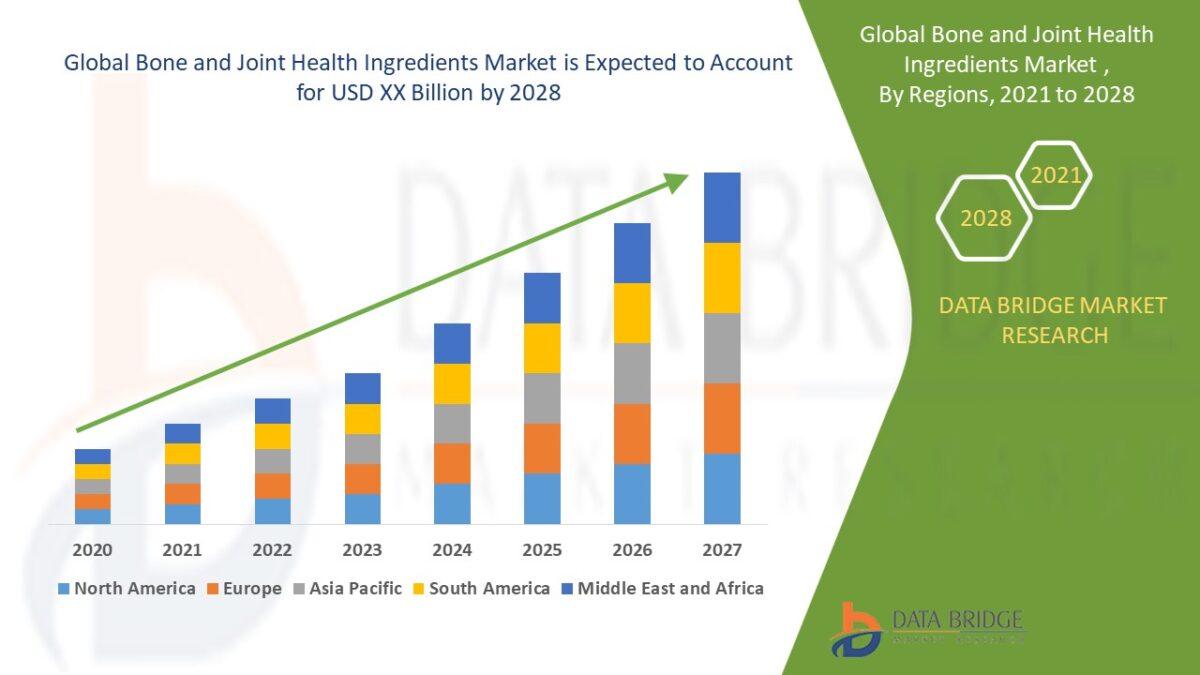Why You Need a High-Risk Pregnancy Care Doctor in Greater Noida

Pregnancy is a transformative experience, but for some women, it can come with added complications that classify it as high-risk. In such cases, specialized medical attention is critical to ensure the health of both mother and baby. A high-risk pregnancy care doctor in Greater Noida plays a pivotal role in managing these complex situations. This blog will delve into the reasons why you need a specialized doctor for high-risk pregnancies, and how they can help mitigate risks and improve outcomes.
1. What Makes a Pregnancy High-Risk?
Not all pregnancies are created equal. Some carry higher risks due to various factors, including maternal age, pre-existing conditions, and lifestyle choices. A pregnancy is considered high-risk when there is a greater chance of complications for either the mother or baby. Here are some common factors that contribute to a high-risk pregnancy:
- Maternal Age: Women over 35 or teenagers may experience more complications during pregnancy.
- Chronic Health Conditions: Pre-existing conditions like diabetes, high blood pressure, kidney disease, or autoimmune disorders can complicate pregnancy.
- Multiple Pregnancies: Women carrying twins or more often face additional risks, including premature birth or complications during delivery.
- History of Pregnancy Complications: Women who have had previous miscarriages, stillbirths, or preterm births may face a higher chance of complications.
- Lifestyle Factors: Poor nutrition, smoking, drug use, or excessive alcohol consumption can also contribute to high-risk pregnancies.
A high-risk pregnancy care doctor in Greater Noida can help identify and manage these risks, offering specialized care to ensure the best possible outcome for both mother and baby.
2. The Role of a High-Risk Pregnancy Care Doctor
A high-risk pregnancy care doctor, also known as a maternal-fetal medicine (MFM) specialist, focuses on providing care for women facing complications during pregnancy. Their role involves:
- Risk Assessment: From the first prenatal visit, your doctor will assess your risk factors and create a tailored care plan. This includes regular monitoring to catch any potential issues early.
- Advanced Diagnostics: A high-risk pregnancy doctor often uses advanced diagnostic tools such as detailed ultrasounds, fetal monitoring, and blood tests to monitor both the mother and baby’s health.
- Personalized Care Plans: Based on the diagnosis, a high-risk pregnancy care doctor will provide individualized treatment plans, which may include medications, lifestyle changes, or bed rest.
- Collaboration with Other Specialists: In some cases, these doctors may work closely with other specialists, such as cardiologists, endocrinologists, or neonatologists, to provide comprehensive care.
- Management of Complications: Should complications arise, a high-risk pregnancy care doctor is trained to handle emergencies, ensuring the safety of both mother and baby.
3. Common Conditions That Require High-Risk Pregnancy Care
Certain medical conditions and pregnancy-related issues often necessitate the expertise of a high-risk pregnancy care doctor. Here are some of the most common conditions:
a. Diabetes in Pregnancy (Gestational or Pre-existing)
Women with pre-existing diabetes or those who develop gestational diabetes are at risk for complications such as large babies, preterm delivery, and an increased chance of requiring a C-section. A high-risk pregnancy care doctor will help manage blood sugar levels and recommend diet and exercise plans tailored for pregnancy.
b. Hypertension (High Blood Pressure)
Chronic high blood pressure or preeclampsia can endanger both mother and baby. If left untreated, it can lead to preterm labor, restricted fetal growth, or even placental abruption. Specialized care ensures that hypertension is carefully monitored and managed.
c. Preterm Labor
Preterm labor is when labor begins before 37 weeks of pregnancy. Early detection and specialized care can delay labor and improve outcomes for premature babies. A high-risk pregnancy care doctor can help identify warning signs and take preventive measures.
d. Placental Complications
Conditions like placenta previa, where the placenta covers the cervix, can lead to excessive bleeding during delivery. A high-risk pregnancy care doctor will monitor placental health and guide the pregnancy towards a safer delivery, often recommending a C-section when necessary.
4. How a High-Risk Pregnancy Care Doctor in Greater Noida Can Help
If you’re pregnant and have been classified as high-risk, you’ll want to seek the expertise of a specialized doctor in Greater Noida. Here’s how they can assist:
a. Close Monitoring and Regular Checkups
High-risk pregnancies require more frequent prenatal visits compared to low-risk pregnancies. During these visits, the doctor will monitor your baby’s growth, conduct ultrasounds, and run tests to ensure everything is progressing as expected.
b. Preventive Measures and Treatments
Your doctor may prescribe medications, recommend bed rest, or suggest other interventions to prevent complications from worsening. This could involve treatment for conditions like gestational diabetes or preeclampsia to reduce the risk of premature birth.
c. Creating a Birth Plan
High-risk pregnancies often require a more detailed and specific birth plan. A high-risk pregnancy care doctor will discuss the options for delivery, whether it involves a natural birth, induction, or a planned C-section. They’ll also ensure that proper arrangements are in place for any potential emergencies.
d. Emotional and Psychological Support
High-risk pregnancies can be emotionally taxing. Your doctor can provide reassurance and connect you with counselors or support groups to help you manage the stress and anxiety that often accompanies a high-risk pregnancy.
5. Choosing the Right High-Risk Pregnancy Care Doctor in Greater Noida
Greater Noida is home to several experienced high-risk pregnancy care doctors who can provide the specialized attention you need. Here are some factors to consider when choosing the right doctor for your high-risk pregnancy:
- Experience and Credentials: Look for a doctor who has extensive experience in handling high-risk pregnancies, particularly those that align with your specific condition.
- Reputation and Patient Reviews: Speak to other mothers or read online reviews to get a sense of the doctor’s reputation. Positive testimonials can help you make an informed decision.
- Accessibility and Support: High-risk pregnancies often require frequent visits and emergency consultations. Choose a doctor who is easily accessible and provides comprehensive support throughout your pregnancy.
6. The Importance of Early Intervention in High-Risk Pregnancies
The earlier a high-risk pregnancy is identified, the better the outcome for both mother and baby. Early intervention allows for prompt treatment, reducing the chances of complications during pregnancy and delivery. High-risk pregnancy care doctors focus on preventive care, helping you navigate potential risks effectively.
a. First Trimester Monitoring
Early ultrasounds and blood tests can reveal conditions that need close monitoring, such as gestational diabetes or high blood pressure. By catching these conditions early, doctors can implement treatments that reduce the risk of complications later in pregnancy.
b. Custom Care Plans
Once a high-risk pregnancy is diagnosed, your doctor will work with you to develop a custom care plan that addresses your unique needs. This could include lifestyle adjustments, medications, or additional tests to ensure both you and your baby stay healthy throughout the pregnancy.
Conclusion
A high-risk pregnancy doesn’t mean you can’t have a healthy, successful pregnancy and delivery. With the right care, support, and attention from a high-risk pregnancy care doctor in Greater Noida, you can navigate the challenges and risks with confidence. Early diagnosis, frequent monitoring, and individualized care are essential for ensuring the best possible outcome for both you and your baby.
Don’t wait—if you’ve been identified as high-risk, seek out specialized care today and take control of your pregnancy journey.
FAQs About High-Risk Pregnancy Care in Greater Noida
Q: What is considered a high-risk pregnancy?
A: A pregnancy is considered high-risk when there are increased health risks for the mother or baby due to factors such as maternal age, pre-existing conditions, or pregnancy complications.
Q: Can high-risk pregnancies be managed successfully?
A: Yes, with proper care and monitoring, many women with high-risk pregnancies go on to have healthy babies. Early intervention and specialized care play a crucial role in managing risks.
Q: How often should I see my doctor during a high-risk pregnancy?
A: High-risk pregnancies often require more frequent checkups, with visits every two weeks or more depending on the condition.
Q: Will I need a C-section if I have a high-risk pregnancy?
A: Not necessarily. While some high-risk pregnancies may require a C-section, your doctor will work with you to create a customized birth plan based on your specific situation.
Q: What should I do if I experience symptoms like bleeding or severe pain?
A: Contact your doctor immediately if you experience any concerning symptoms during a high-risk pregnancy. Quick medical attention can prevent complications from worsening.
Read More
How to Prepare for Your Appointment with a Gastroenterology Specialist in Arizona









